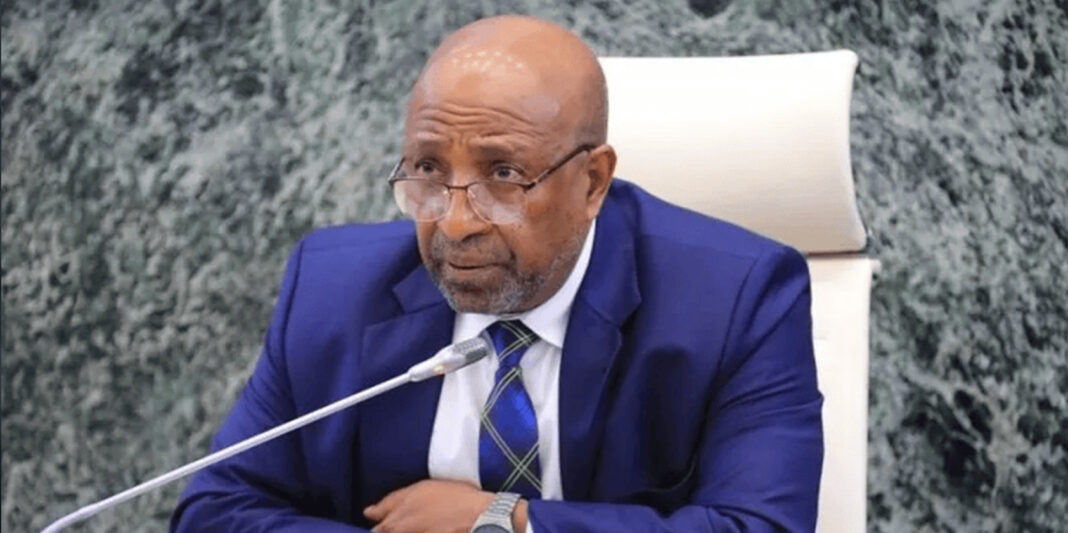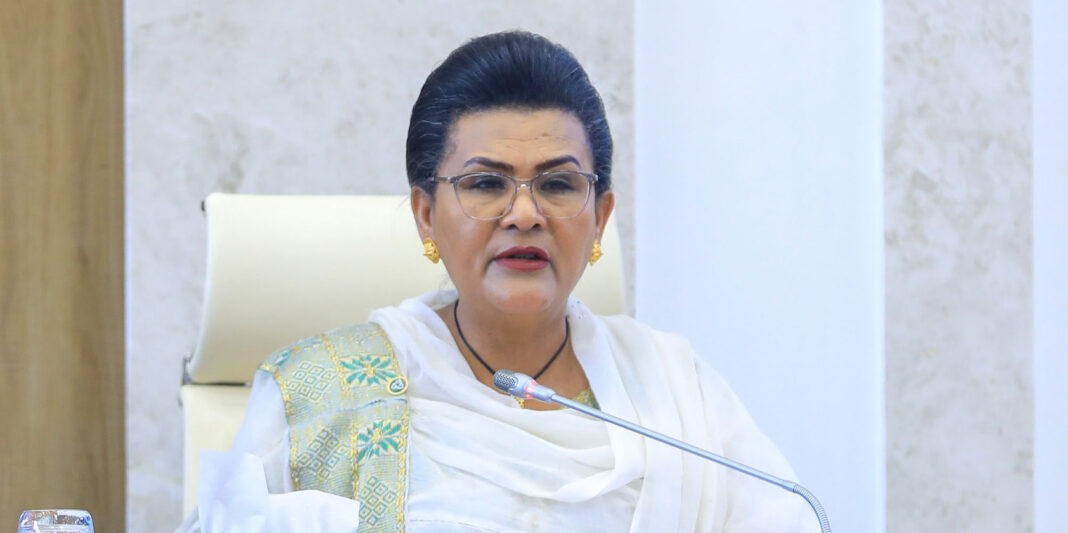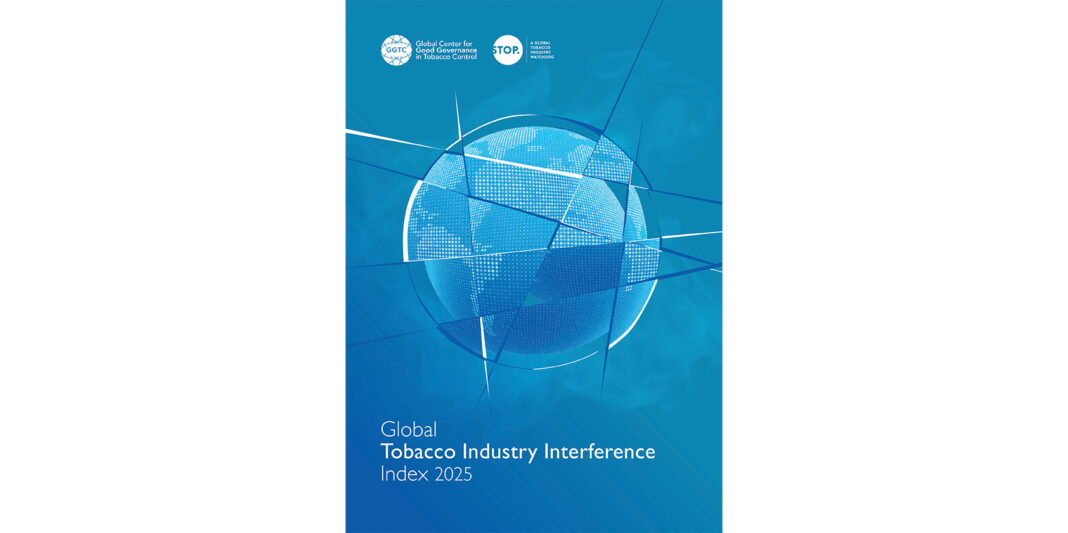The Ministry of Education has introduced a comprehensive new regulatory framework aimed at strengthening oversight of private general education institutions across Ethiopia. Building on the existing General Education Proclamation No. 1368/2017, the draft regulation sets out clearer and higher standards for enrollment, financial management, community involvement, and institutional governance for all privately owned schools, including those run by civil society and religious groups.
The principal goal of the new framework is to enhance the quality of education while encouraging investment in private schooling, enabling these institutions to contribute effectively to the country’s national education targets by providing high-quality alternatives for both Ethiopian and international students.
Key mandates include mandatory re-registration for all existing non-governmental schools, which must comply with updated licensing and accreditation requirements on a timetable set by the Ministry. The regulation emphasizes institutional autonomy requiring independent financial sourcing and management structures that maximize revenues from tuition, donations, and investments.
Strict prohibition of discrimination against students is reinforced, ensuring all qualifying students, regardless of background, have access to education without bias. The Ministry will actively monitor tuition fees, introducing a ceiling on charges that will be reviewed triennially, requiring schools to notify parents of any planned increases three months in advance and to issue official receipts for all payments.
In a move to decentralize governance and enhance community control, private schools must establish a school committee of 5 to 7 members and follow decentralized management practices. Regional education bureaus have been empowered to license, accredit, and register private, civil, and religious schools, while the Ministry retains exclusive authority over international and community schools.
Additional provisions include protection for teachers and staff under the Federal Employer and Labor Act, providing security for work-related injury or death, and the requirement that schools offer professional educational counseling from the first grade.
Regulations for exam integrity are strengthened with penalties targeting any students, teachers, or staff involved in cheating or facilitating misconduct during national or regional testing.







